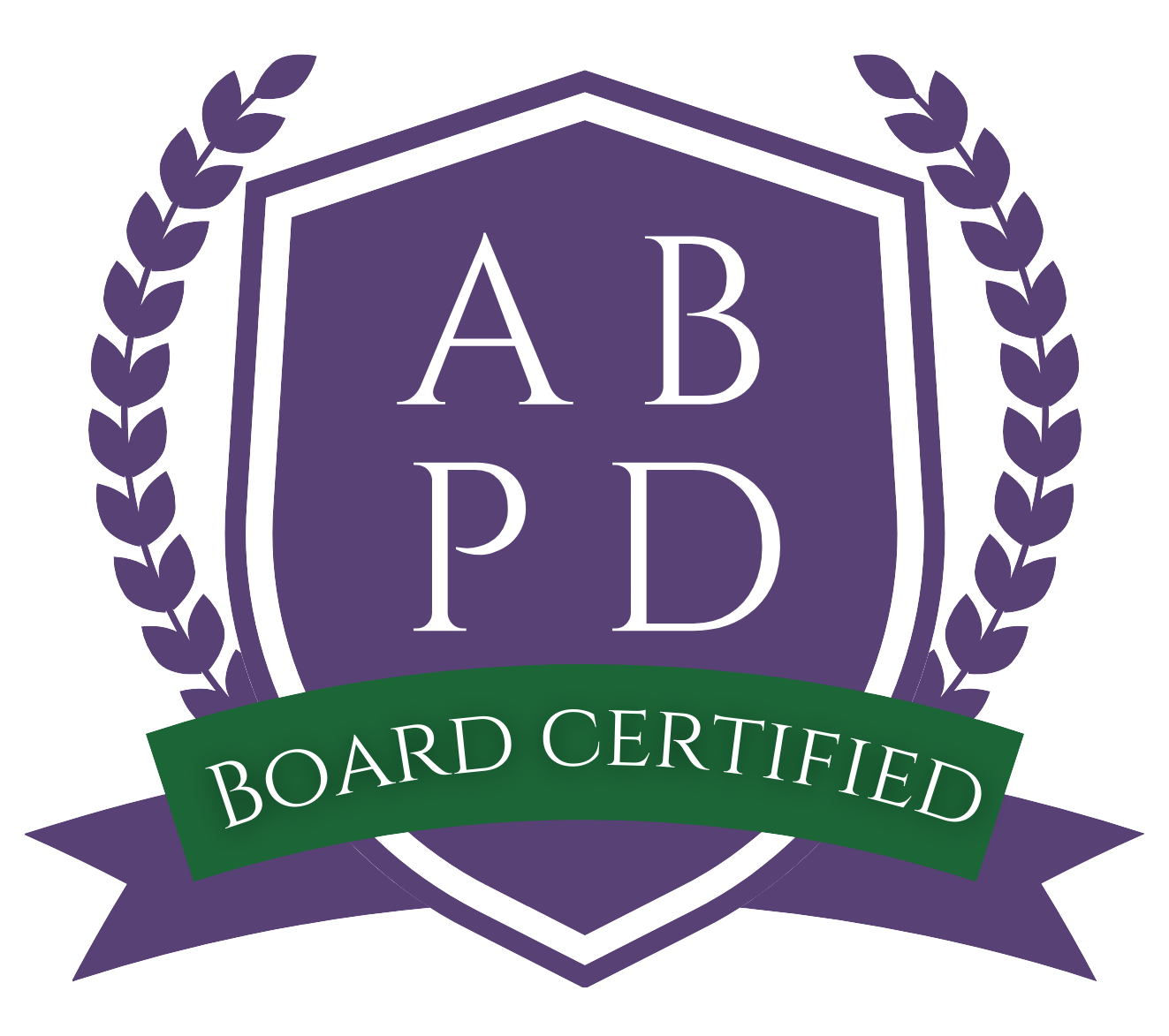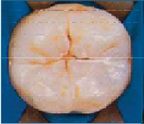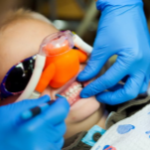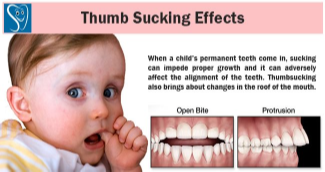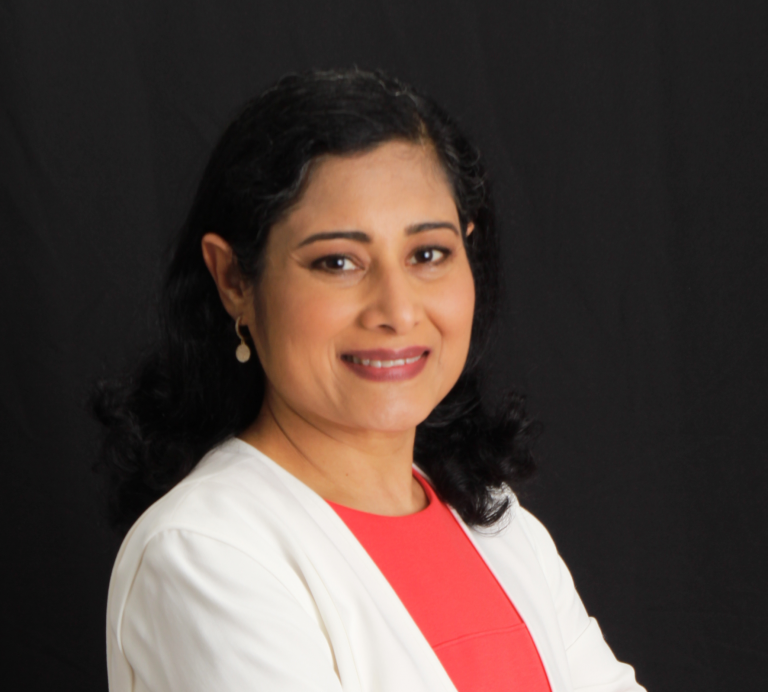Issaquah Kids Dentistry
Dr. Shradha Bansal - ABPD Diplomate
At Issaquah Kids Dentistry, we specialize in exceptional pediatric dental care delivered with warmth, compassion, and a child-centered approach. Our practice is built around your child’s overall well-being—creating a welcoming environment that inspires curiosity, builds confidence, and encourages lifelong habits to promote good oral and general health.
Our Mission
We are proud to be a trusted part of your community. Our mission is to promote excellent oral health through prevention and heightened awareness of all issues impacting the patient's oral health. We aim to be more than just a dental office—we’re a place where smiles grow and futures brighten, while building lasting relationships with children and families.
We stand out by offering:
- Advanced technology for accurate, gentle treatment
- Kid-focused methods designed for comfort and long-term oral health
- A proactive approach that emphasizes prevention and early detection
- Family empowerment through education and open communication
We don’t just treat dental issues—we anticipate and prevent them. We implement preventative health practices and reduce the child's risk of preventable dental or oral disease. Our goal is to support healthier smiles and reduce the need for complex treatments, giving every child the best start possible.
Empowering Families Through Knowledge
Education and partnership are at the heart of everything we do. We believe in forming strong partnerships with parents and caregivers, working together to support healthier, more aware children. We empower families with the tools and information they need to make confident decisions about their child’s dental health. Our comprehensive approach includes:
- Providing clear, understandable explanations of conditions and treatments
- Offering practical advice for at-home care and prevention
- Creating a supportive environment where questions are welcomed
- Addressing current concerns with precision and care
- Identifying potential issues before they arise
- Implementing preventive strategies for lasting wellness
Through this educational partnership and commitment to lifelong learning, Every child deserves comprehensive, forward-thinking care—and that’s exactly what we provide.
Call us for appointments & emergencies
Issaquah, WA 98027
Click to get directions

